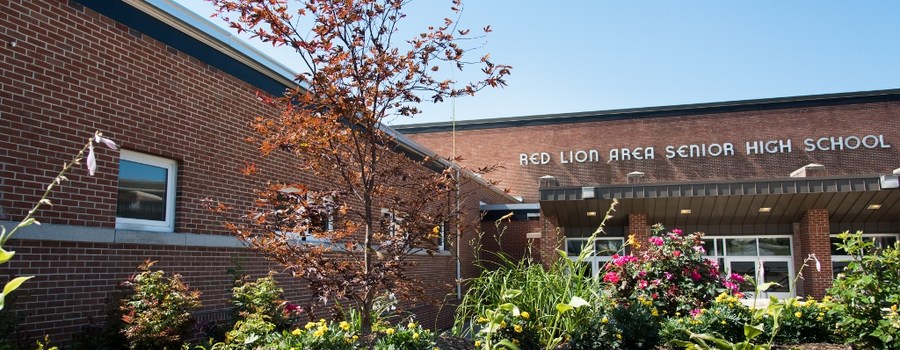“We can’t let them get away with this,” he said. It was the Sunday after the killings at the Bataclan concert hall in Paris. Brussels was on lockdown again as authorities hunted for more young killers in their midst.
“You’re an Arabic speaker,” he said. Word had traveled fast in the congregation over the month since I translated for a Syrian refugee on a panel discussion in this same church basement. “What should we do? We can’t let them get away with this,” he kept repeating. He had me cornered between the coffee service and the wall, and I couldn’t quite put my finger on why his statement made my pulse throb angrily in my throat....
I needed time to grieve, to despair, to be afraid, but I remembered a freshman in my Political Science 101 class on September 11, 2002. She said, “When my mother woke me up a year ago in Portland, Oregon, and told me the news, I was afraid, and I was sad, and I wanted to mourn, but I knew I couldn’t take time for any of that. I knew Bush was going to use this as an excuse to strip people of their rights. There was work to be done, people who would need me to work for their protection.”
This is my generation, the globalized Internet generation, and we have work to do.
The Millennial generation, of which I consider myself on the leading edge as an '81 baby, gets a lot of flack for our self-absorption, our fragile egos, our special snowflake status. There are many arguments to be made for why this is unfair, not our fault, maybe even gaslighting, but I'm here today to say something else.
The Millennials and the generation that follows us, the ones who are in high school right now, are immersed in a globalized, digitized, interconnected community such as human history has never seen. We're going to change the world, and this essay gives a few snapshots of how I know that to be so.
Read "Snapshots of the Globalized Generation" in a special Spring 2017 issue of Stoneboat Literary Journal titled "Beyond Red and Blue: Voices for America."
With special appreciation for "Gail" and "Walt."
I found this publishing opportunity through the Duotrope Weekly Wire email.













